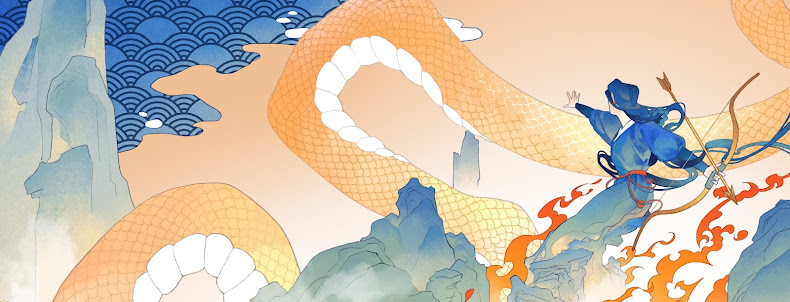Voltaire was a French national
hero who was among those whose thoughts blazed a trail for the world-impacting
French Revolution and for developing philosophical ideas for the 1789
Declaration of the Rights of Man and of the Citizen, especially that relating
to freedom of speech and freedom of religion.
"I disapprove of what you
say, but I will defend to the death your right to say it." This famous
quote has often been wrongly attributed to the much revered French
Enlightenment philosopher and writer Voltaire. The quotation is actually found
in Evelyn Beatrice Hall's (pen name: S. G. Tallentyre) 1906 biographical work
"The Friends of Voltaire". It is believed that she paraphrased one of
Voltaire's maxims: "Think for yourself, and let others enjoy the privilege
of doing so too."
From Voltaire's first major
philosophical work "A Treatise on Tolerance" (1763) to his saying
when he was 83 (in what he believed were his final hours) "I die adoring
God, loving my friends, not hating my enemies, and detesting superstition",
one cannot but be awed at this intellectual's capacity for liberal thinking
despite the dogmatist society that he lived in, his magnanimity and his
empathic virtue. His free spirit and love of mankind never ceased to touch the
French people as well as other peoples in the world.
In writing "A Treatise on
Tolerance", Voltaire revealed a terrible story of gross injustice and
subsequently, through his tireless campaigning, managed to exonerate the
victim, albeit posthumously.
In Voltaire's times, France was a
strictly Catholic nation and Protestantism was viewed as sacrilegious. On
occasions, religious fanatics were able to lash unjust and totally groundless
accusations against people whose only fault was that they didn't share Catholic
beliefs. The Jean Calas case was one such occasion.
On October 13, 1761, Jean Calas'
eldest son Marc Antoine was found hanged in Jean's textile shop in Toulouse.
Hysteria erupted among the Roman Catholic populace and Jean was arrested and
charged with having murdered his son to prevent him from or punish him for
converting to Catholicism. He was found guilty by the local magistrates and
sentenced to death "on the wheel" on March 9, 1762. The next day the
sentence was carried out and Jean Calas died a torturous death by being first
broken on the wheel and then strangled and burned to ashes. The body of Marc
Antoine was buried as a martyr to the Catholic faith.
Voltaire learned about the case
and started to use his influence to campaign for overturning the verdict which
he and others found to be prejudiced by religion fanaticism. As a result, a
50-judge panel was appointed to review the case and on March 9, 1765, the
verdict was reversed. The government also paid the family an indemnity. The
Calas affair greatly strengthened the movement for criminal law reform and
religious tolerance in France, although the reforms were not instituted until
the 1780s.
We may all be, to some degree,
dogmatist. It's easy to clutch at those thoughts and beliefs that we feel cosy
about and familiar with, including those superstitions and customs that our
ancestors pass down to us. The older we get, the more we tend to believe in our
own infallibility and to reject outright others' rational opinions. Perhaps we
can apply checks to our presumptuousness by keeping an open mind, engaging
proactively in social discussions, reading uninhibitedly and exercising our
power of critical thinking at all times. More importantly, as civilized human
beings, while thinking for ourselves, we must "let others enjoy the
privilege of doing so too".
Having said that, in the face of
any repressive government machine trying to trample on press freedom and
freedom of speech, which in fact is an exhibition of a kind of dogma, I am all
for speaking up against and fighting relentlessly such an uncivilized attempt.
The French learned their lessons
about dogma three centuries ago and they were lucky to have people like
Voltaire and other great philosophers and writers as pioneers of civil society.
The contemporary French education system has continually nurtured intellectuals
and writers to become great politicians. Throughout the twentieth century,
there was an easy blend between politics, education and culture, which
reinforced the prestige of the cultural figures. Under the Third and Fourth
Republics, culture was managed at state level through the Ministere de
l'Education Nationale et des Beaux-Arts, which produced a republican leadership
that included literary and artistic figures.
Two recent shining examples were
George Pompidou and Andre Malraux. The former studied literature at the Ecole
Normale Superieure and taught in the secondary school system before becoming,
first de Gaulle's Prime Minister in the 1960s, and then his successor as Head
of State in 1969. The latter, one of France's foremost novelists of the
interwar years, became a leading Gaullist politician and then in 1959, Minister
of Culture.
Hong Kongers have much to learn
from the French.
